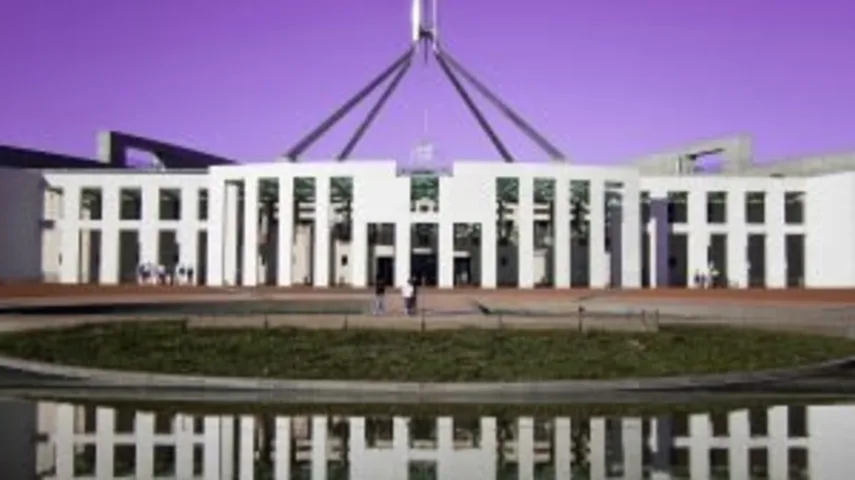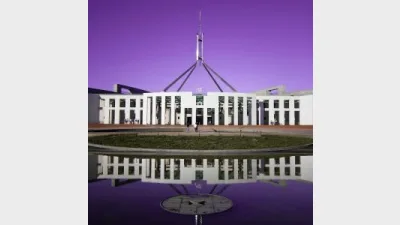Bipartisan support needed on NALE rules: SMSF Association



The non-arm’s length expenditure (NALE) rules will have broader consequences on the superannuation sector, resulting in self-managed superannuation funds (SMSFs) being taxed at 45%, according to the SMSF Association.
Speaking at the SMSF Association national conference in Adelaide, deputy chief executive, Peter Burgess, said: “Prior to the introduction of the NALE rules we were certainly not coming across SMSF members who were undercharging for services provided to their fund as a deliberate strategy to circumvent the contribution caps or to artificially inflate the fund’s investment earnings”.
Burgess called for a bipartisan approach to the NALE rules, arguing it was imperative that they were appropriately targeted and fit for purpose.
“In our view, amendments are needed to exempt general expenses from these provisions, and ensure penalties only apply to expenditure shortfall amounts rather than to some or all of the fund’s income,” Burgess said.
One of Burgess’ complaints was the linking of the NALE to some or all of a fund’s income, and then the application of penalties to that income, could give rise to inappropriate and poorly-targeted outcomes.
“Breaking this link and only penalising the shortfall amount is, in our view, an appropriately targeted legislative response,” he said.
“The penalty could be treating the shortfall amount as a taxable contribution or dealing with it through the contributions regime.
“So, the solution may well lie in the amendments the Australian Taxation Office are currently making to contribution ruling TR 2010/1, which is now expected to be released in the second half of 2022”, Burgess said.
Burgess noted that the Government had announced plans to amend the NALE rules to ensure they were operated as intended, an announcement which had been welcomed by the association.
“We were pleased to see this announcement and we look forward to a bipartisan approach to addressing this issue and ensuring the rules work as intended,” Burgess said.
Recommended for you
Australia’s largest super funds have deepened private markets exposure, scaled internal investment capability, and balanced liquidity as competition and consolidation intensify.
The ATO has revealed nearly $19 billion in lost and unclaimed super, urging over 7 million Australians to reclaim their savings.
The industry super fund has launched a new digital experience designed to make retirement preparation simpler and more personalised for its members.
A hold in the cash rate during the upcoming November monetary policy meeting appears to now be a certainty off the back of skyrocketing inflation during the September quarter.









